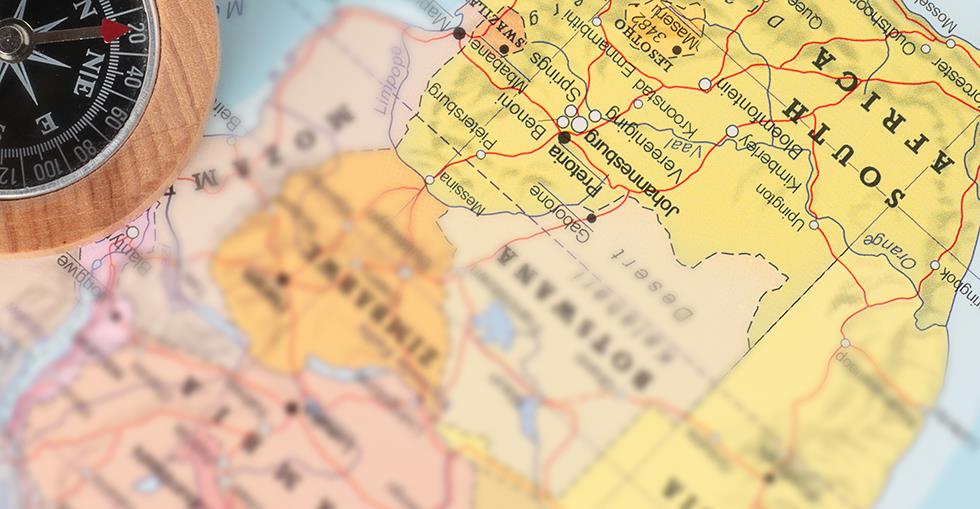Buying a business is becoming an increasingly popular alternative for those who don’t want to start from scratch in South Africa.
BusinessesForSale.com spoke to Peter Bruil of Pam Golding Lodges and Guesthouses about the buying process in South Africa, negotiating the best price, mistakes buyers make and financing the acquisition.
Are there any notable differences in buying a small business in South Africa as opposed to, say, the UK, Australia or other major markets?
South Africa is quite sophisticated when it comes to zoning and protection of the current environment. 
This has as advantage that the beautiful surroundings, generally recognised throughout the world, are sustained and will remain to be attractive to visitors and its inhabitants.
The disadvantage is that to change certain zoning and usages of improvements, one has to go through a considerable amount of red tape, albeit probably not as extensive as in certain parts of the developed world.
The rezoning process can thus be lengthy, time-consuming and the outcome uncertain. It is therefore frequently advised to purchase a business property with the correct zoning already in place.
The buying process is regulated by a set of laws based on Roman-Dutch principles. The usual way of buying a business is that a buyer puts in a written offer to purchase, which, upon acceptance by the seller, becomes automatically the deed of sale.
Such an offer to purchase needs to state and accommodate all sorts of situations and occurrences that are possible.
In South
The holding of funds in trust by an attorney is a cornerstone of the attorneys' practice and is regulated by the relevant law societies and secured by the Attorney's fidelity insurance.
If a deed of sale is conditional and these conditions are not met within the contractually stipulated time, the deposit will be refunded. Should a deed of sale become unconditional, or if all conditions are met, then the deposit becomes non-refundable and will be transferred as part of the full payment on
It is very typical for South Africa, and possibly different from European transactions, that the conveyancing attorney may be appointed by the seller, but the fees for this transferring process need to be paid for by the purchaser.
At what point should you begin trying to get finance in place?
We recommend not to
How do you negotiate the best price without alienating the vendor?
Your reliable broker should be able to guide you in this process. As a
What are the most common mistakes prospective buyers make?
Targeting one market predominantly makes one vulnerable, regardless what type of industry. It is important to also adopt the South African culture to a certain extent to facilitate and understand local business a lot more.
Why do deals tend to fall apart and how can a buyer prevent this from happening?
Most deals fall apart when too much finance is expected from a bank. South African financing institutions always were quite conservative anyway, and this has not relaxed as a result of the challenging worldwide economic climate.
Another factor is that if one buys subject to the sale of another business, the time needed to accomplish this is often too short. A seller is not prepared to take his/her business off the market for a long time. Therefore, we advise
What three pieces of advice would you give to someone wanting to buy their own business in South Africa?
Firstly, check your market in terms of location, size and then develop the right marketing and communication strategy. My second piece of advice: do not overextend yourself in terms of gearing and adapt as much as possible to the society. Last but not least, take a trusted and qualified
If you enjoyed this article, sign up for a free BusinessesForSale.com account to receive the latest small business advice, features,


